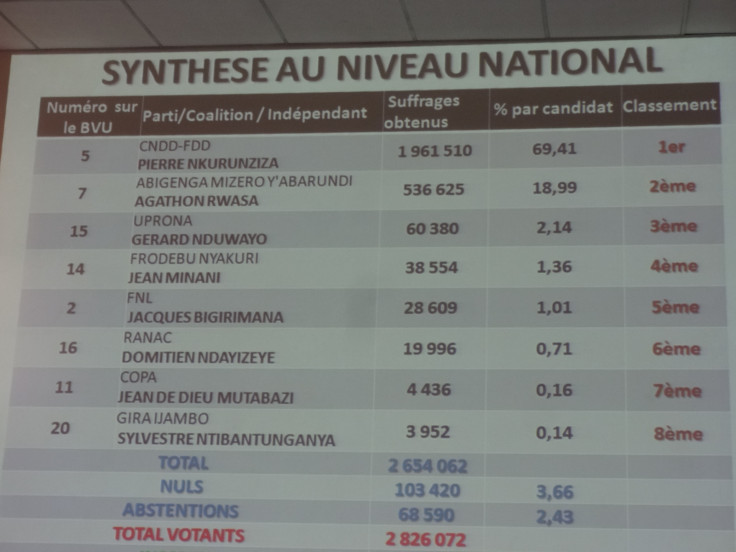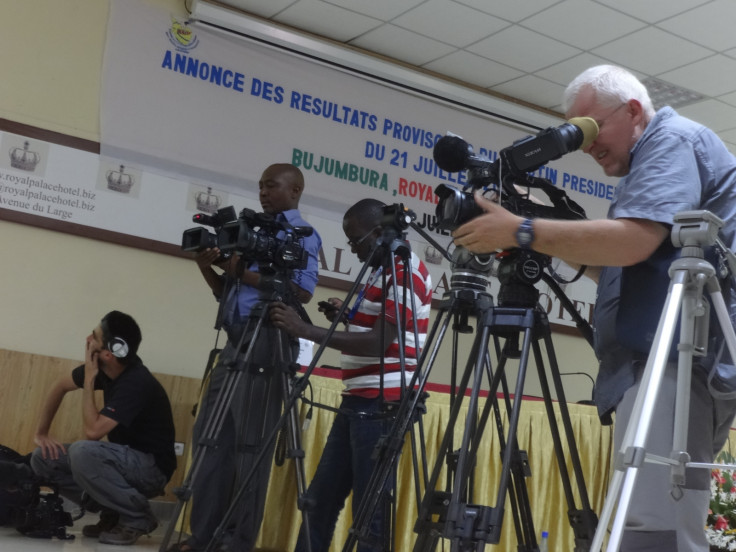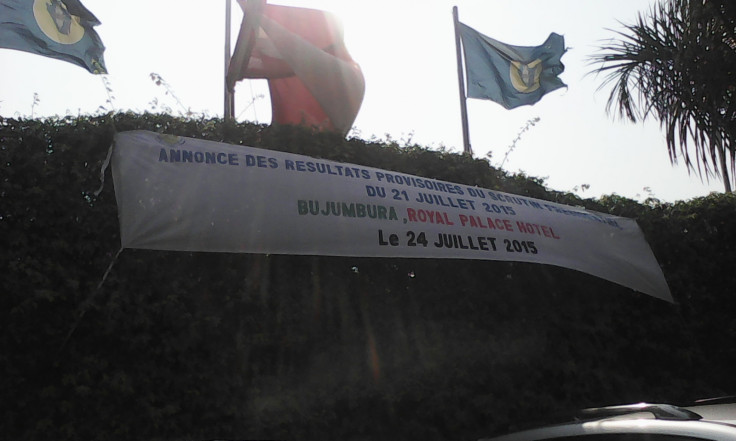Burundi elections as it happened: Electoral commission announces that President wins third term
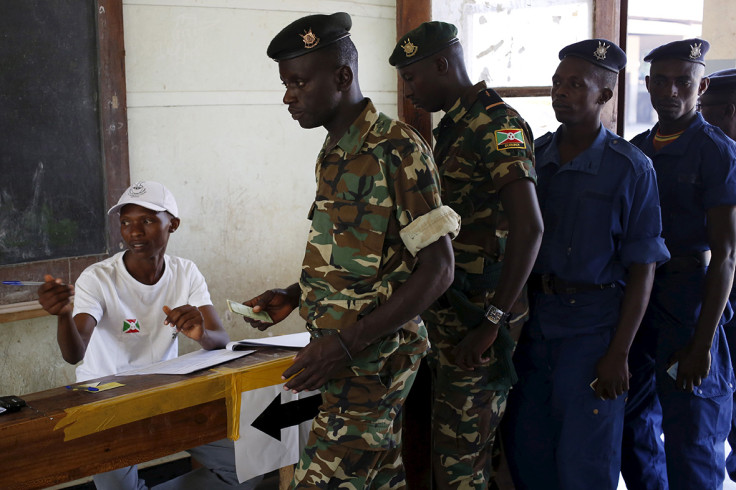
- President Pierre Nkurunziza has won the elections in Burundi with almost 70% of the vote, securing a third term that his opponents claim is in violation of a 2006 peace deal.
- Turnout varied across the small African country, as high as 91% in Nkurunziza's home town and as little as 29% in the capital, Bujumbura.
- In the run up to the election Nkurunziza's main rivals boycotted the vote and human rights activists claimed widespread vote rigging.
- Between 70 and 100 people have been killed in protests since April and tens of thousands have fled the country for neighbouring Rwanda.
- Now, all eyes are on the streets and whether there will be a resurgence in violence that raged earlier this year.
- Opposition figures have previously warned that they will go to war to prevent Nkurunziza serving a third term. It remains to be seen if they will make good on that threat.
- IBTimes UK reporter Elsa Buchanan has been reporting from capital Bujumbura. Follow her at @ElsaABuchanan and at @IBTimesUK
That's it for our live blog today. For all the latest news on Burundi follow our reporter Elsa Buchanan in Bujumbura at @ElsaABuchanan and at IBTimes.co.uk.
#Burundi élections LIVE: official results to be announced in 9 days as Ceni président says 'long live democracy in Burundi'
— Elsa Buchanan (@ElsaABuchanan) July 24, 2015
At the Royal Palace Hotel in Bujumbura IBTimes UK reporter Elsa Buchanan says that politicians who had gathered were shaking hands and seemed pleased with the result. She heard passers-by honking car horns in the streets.
But while the result was not unexpected, all eyes will be on the streets and on the opposition figures that boycotted the poll to see how Burundi at large responds to President Pierre Nkurunziza's election victory.
As election results to be announced, IBTimes UK looks at what neighbouring countries have said about Nkurunziza's controversial third term bid.
First local results announced: Nkurunziza wins with 78% followed by FNL candidate Agathon Rwaza with 15% in Bubanza province, where the turnout was 85.92%.
Rwasa (42%) leads in front of Nkurunziza (39%) in Bujumbura province , where turnout was 63%.
Nkurunziza also ahead in Bururi, where turnout was 37.72%.
As Burundi is to announce election results, IBTimes UK looks at the country's history of violent coups.
There is evidence the presidential elections may have been rigged, a leader of Burundi's civil society has claimed.
According to APRODH, which stands for Association Burundaise pour la Protection des Droits Humains et des Personnes Détenues (Burundian Association for the Protection of Human Rights and Persons Detained), a number of members of the electoral commission – who were supervising the 21 July elections – may have used fraudulent electoral voting cards.
IBTimes UK were exclusively shown what the activist described as "proof of electoral fraud".
"After investigating the way in which the elections were conducted, we got our hands of these cards, and we have discovered that some of the people on the cards, who were supposed to have voted, didn't even exist," leading human rights activist and APRODH president Pierre-Claver Mbonimpa, explained from his office in Bujumbura on 24 July.
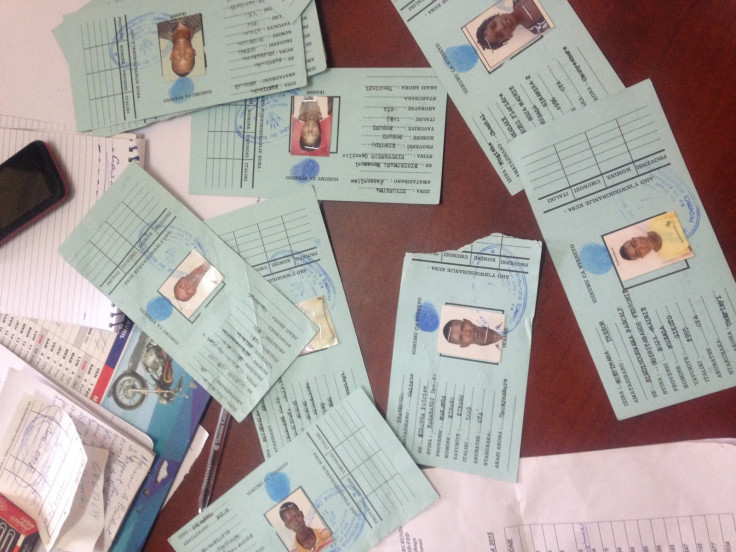
The activist also claims some of the fingerprints on the cards, which are a way to prove someone has voted, may be fake.
"We know that some people in the polling stations we seen washing the ink from their hands and put their fingerprints on other people's cards."

In the Makamba and Rumonge provinces, Mbonimpa claims certain cards were found already fingerprinted and stamped were missing the identity details of the voters.
"Some were found blank, without the name, or date of birth of the voter; just with the ink and the official stamp," he added.
Non-governmental organisations such as Human Rights Watch have now been handed the documents, but it is unclear which jurisdiction may be able to investigate the alleged fraud.
This comes just days after the country's electoral commission (CENI) announced it had found 61,500 cases of cases of fraud that has not been corrected.
Burundi's civil society, which has been at the forefront of the protests that rocked the country, is to reject the presidential election results, IBTimes UK has learned.
Leading Burundian human rights activist Pierre Claver Mbonimpa said he would not recognise President Pierre Nkurunziza's expected victory.
"Nkurunziza will camp on his position, and for us, his victory means the violation of the Arusha Accords, the violation of our Constitution and the violatio of human rights," the activist told IBTimes in an exclusive interview in Bujumbura on Friday 24 July.
"Therefore, we will not recognise Nkurunziza as president, even if he starts using force."
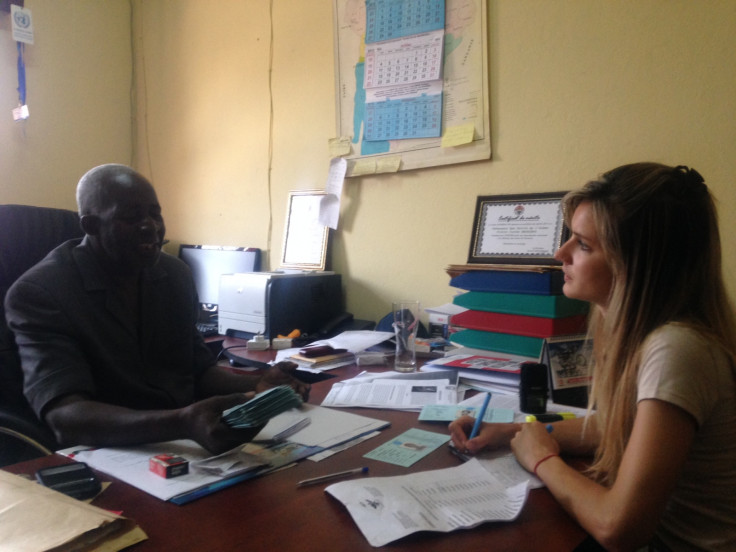
According to Mbonimpa, there are around 1,000 people detained in Burundi's cells, including demonstrators and political activists.
"They (the government) says there have been peaceful elections, but we say this is not true. Political parties have not been able to lead their campaign properly because of threats by young members of the ruling party (Imbonerakure) and the people have been intimidated," Mbonimpa said.
He added: "These results are not real."
The President of the electoral commission (CENI) is expected to announce the results of the elections from the Royal Palace Hotel in Bujumbura at around 3.30pm local time.
In his latest interview, CENI president Pierre-Claver Ndayicariye announced President Pierre Nkurunziza to be the winner, followed by opposition leader and FNL party head Agathon Rwasa.
"The trend shows that the (ruling party) CNFF-FDD's candidate was visibly in first position. The independent candidate Agathon Rwasa is second," he said.
While he has said that he considered the 21 July elections to have been held in peace and serenity, Ndayicariye told IBTimes UK and local media that the results were known before Burundians went to the polls.
"In a nutshell, it is a ballot that has reinforced the building of democracy in Burundi," Ndayicariye said. "But in Burundi there are those who win the elections two years before the polls."
The head of the electoral body also slammed three candidates who announced they would boycott the elections on 20 July – a day before the vote.
During a press conference, two former presidents, independent Sylvestre Ntibantunganya and Domitien Ndayizeye of the RENAC coalition said they would abandon the race. They were followed by Jean Minani , the candidate of the opposition party Frodebu Nyakuri.
"There are those who don't respect the process and content of the procedures that they should follow when they pull out of the elections one day before the ballot. It shouldn't be through press conferences that (candidates) should announce their withdrawal," Ndayicariye added.
According to early estimates, elections turnout could reach between 72% and 80%, the CENI said.
In the Cankuzo province, for instance, the official CENI results for the area's eight polling stations confirmed the trend.
In the more urban areas, results given by the CENI to IBTimes UK were between 39.8% and 43.1%, whereas rural turnout averaged 73.45%.
Burundians are awaiting to hear who won the contested presidential elections as calm has returned to the capital Bujumbura after months of violence, Elsa Buchanan reports.
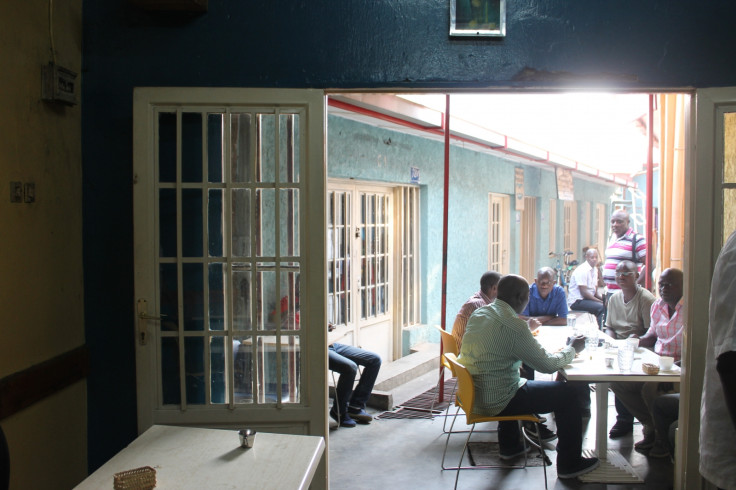
© Copyright IBTimes 2025. All rights reserved.



